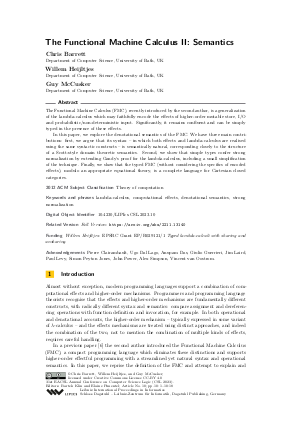LIPIcs.CSL.2023.10.pdf
- Filesize: 0.67 MB
- 18 pages

 Creative Commons Attribution 4.0 International license
Creative Commons Attribution 4.0 International license















Feedback for Dagstuhl Publishing